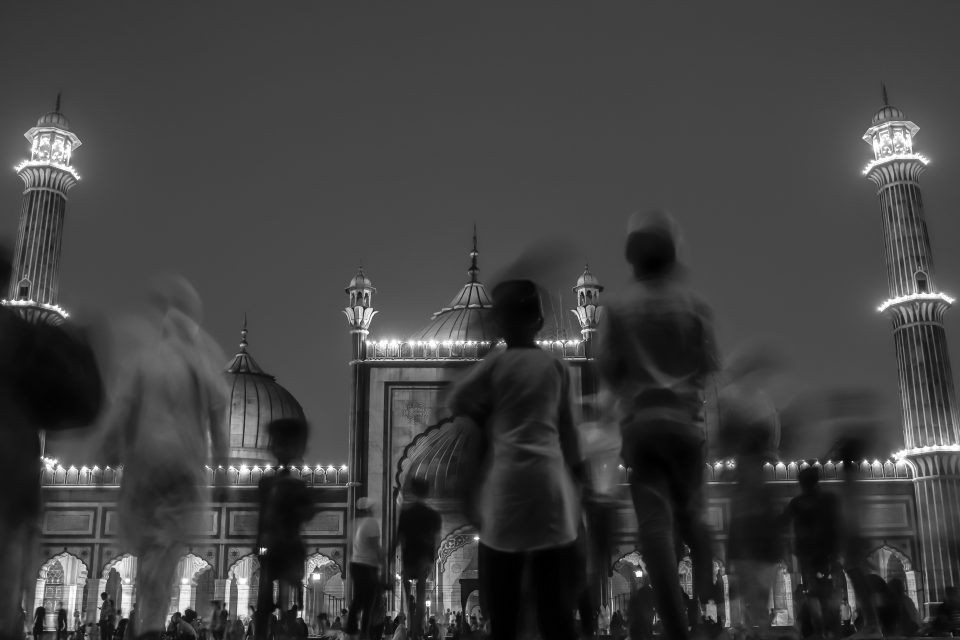Ramadhan will be over soon. Muslims around the globe, including Indonesia, will happily welcome Eid al-Fitr as a symbol of victory.
It represents the sanctity of human nature as reflected in the expression minal aidin wal-faizin. It forges Muslims back to be free from taint and sin like newborns. Although the difference in setting the day of Eid al-Fitr appears among Muslims, like in determining the beginning of Ramadhan, it does not eliminate the majesty and sanctity of Eid Mubarak.
However, unfortunately, there is an ironic phenomenon seen from the common practice of Muslims in the country during Eid. Many Muslims make the Eid al-Fitr celebration the culmination of all forms of ritual during Ramadhan. Eid has been reduced to be a terminal of Muslims’ journey. After the Eid celebration, Muslims’ lifestyles return to how they behave prior to the fasting month of Ramadhan. Any lessons and wisdom taken from Ramadhan leave no trace at all in their lives. There is a missing link between the practices of their lives during the month of Ramadan and the months thereafter.
The failure to connect between Ramadhan and Eid al-Fitr spirits basically lies in the absence of humanisation, which is a significant part of spirituality in Eid al-Fitr.
It is appropriate for the political elites in this republic to make Eid a momentum of political humanisation. Although politics has been surrounded by bad things—intrigue, falsehood and fraud—it does not actually have to look like it.
Politics can also show humanist face, promote awareness and foster social cohesion. Plato emphasised the political aspects of common goodness. In the language of Islam, it is in accordance with the meaning of the common good (al al-ammah mashlahah). Thus, politics should be oriented to the common good. Therefore, as the end of the fasting rite, Eid al-Fitr must carry values of the common good leading to the political momentum to show a more humane spirituality. Discipline, honesty and concern for others emanating from fasting should also transferable into political practices in the country.
Elites should no longer cheat and lie on political promises laden with wild lust of power since Ramadhan has tamed the wild lust. That is the very essence of Eid, returning people to the nature of humanity. Muslims who have fasted will be much closer to Allah as a holy, cautious and no longer alienated creature from spiritual values.
Humanisation in Eid goes hand in hand with social cohesiveness. A social relationship built during Eid al-Fitr is a part of social capital. Robert Putnam (2002) defined it as mutual trust between people (interpersonal trust) and social involvement in civic life (civic engagement). Furthermore, social capital can be described as goodwill, friendship, sympathy and social relationships between individuals and families who create a social unit.
The Islamic doctrine of silaturahmi—making a good relationship with someone—is a simulation of interpersonal trust. People are encouraged to always maintain a sense of trust, sympathy and friendship with fellow citizens. Such an atmosphere can be categorised as a healthy level of interpersonal trust in the community. The Eid atmosphere where Muslims befriend anyone, regardless of social status, ethnicity and religious differences, should be the ideal purpose of celebrating Eid al-Fitr.
Good interpersonal trust levels can contribute to social cohesion in a nation. In contrast, mutual suspicion and hostile attitude will harm social relationships (Putnam, 1995). Religious intolerance, violence against minorities and ethnic conflicts indicate a poor level of interpersonal trust in the community. Usually, this is based on the perception that the “others” are about to harm “us”.
Hence, any attempt to interpret the tradition of silaturahmi in Eid in a more progressive manner is very important for the future of Indonesian nationality. It would be nice if the attitude of sympathy, friends and visiting each other expand, not be limited to Eid ritual or Muslims only. Islam provides social imagination that may help human beings face a better real social life.
During Ramadhan, Muslims’ body and spirit have been trained in worship and social cohesiveness proactively to be moral and cautious human beings. They have geared to better identify themselves as being weak. Humans are easily tainted by earthly dust.
In the post-Eid al-Fitr period, everyone should experience self-actualisation as a primordial and purely new person. Divinity signal and humanity do not become dimmed, even though Ramadhan has passed.




